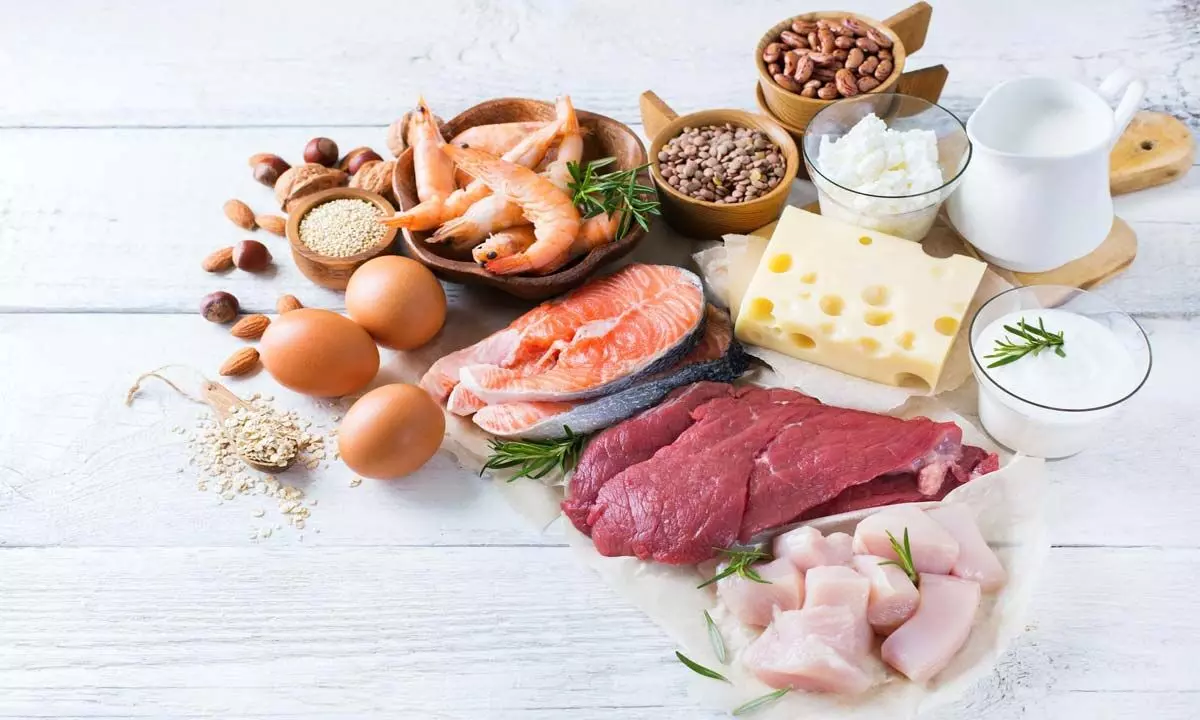High-risk products import will be via FSSAI-controlled ports only
New norm effective from March 1; Applicable for dry ports as well; Points of entry are not just in the coastal States like TN, Kerala, West Bengal, AP and Gujarat, but also the landlocked ones like UP, Bihar, Punjab and Haryana
image for illustrative purpose

- Ensuring efficient monitoring and traceability of high risk products
- FSSAI officials directly operate ports
New Delhi: The Food Safety & Standards Authority of India (FSSAI) has mandated that imported high-risk products will be allowed with entry only from the ports it has specifically allowed for the purpose.
There are five categories of such products: milk and milk products; egg powder; meat and meat products, including poultry, fish, and their products; foods for infant nutrition and infant foods; and nutraceuticals, health supplements, foods for dietary uses, probiotic and prebiotic foods, and foods for special medical purposes.
The FSSAI's order will come into effect from March 1, official sources told Bizz Buzz. The decision has been taken after soliciting comments from the stakeholders concerned, they added.
The objective is to have a robust import control system, ensuring efficient monitoring and traceability of high risk products. The ports are directly manned and managed by FSSAI officials.
The points of entry have been notified by the Department of Animal Husbandry & Dairying under the Ministry of Animal Husbandry, Dairying and Fisheries for the import of food products of animal origin, including marine and aquatic animals and/or their products, egg powder, etc.
It is not only seaports from where these goods would enter the country, but also inland container depots (ICDs) and container freight stations (CFSs), also called dry ports. ICDs and CFSs handle all customs formalities related to import and export of goods at these locations.
Therefore, the points of entry are not just in the coastal states like Tamil Nadu, Kerala, West Bengal, Andhra Pradesh, and Gujarat, but also the landlocked ones like Uttar Pradesh, Bihar, Punjab, and Haryana.
The FSSAI regularly follows up with State authorities about food security. It interacts with the Commissioners of Food Safety of all States and Union Territories.
Regular surveillance, monitoring, inspection and random sampling of food products are undertaken by the officials of Food Safety Departments of the respective States and UTs to check that they comply with the standards laid down under Food Safety and Standards Act, 2006, and the rules and regulations made there under.

